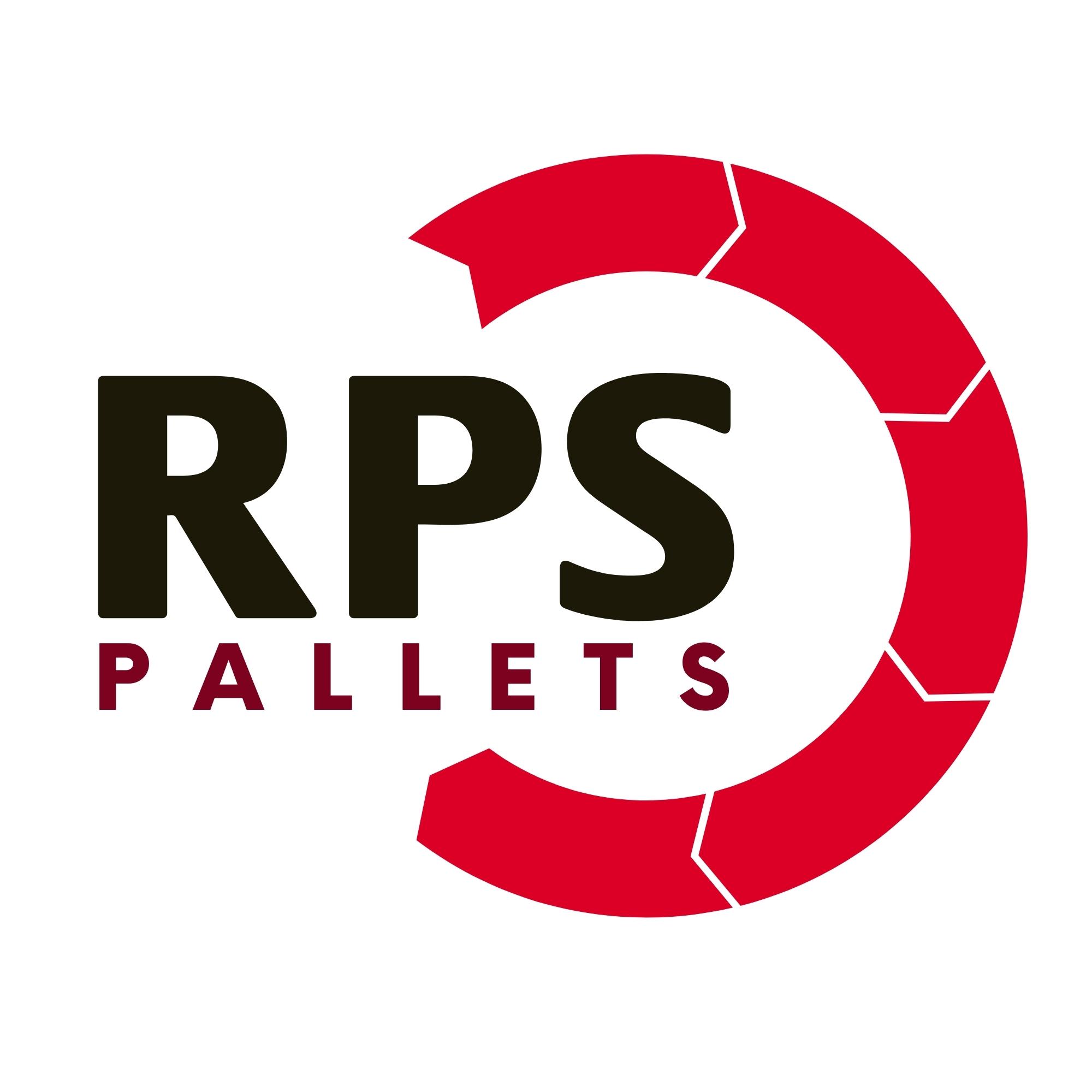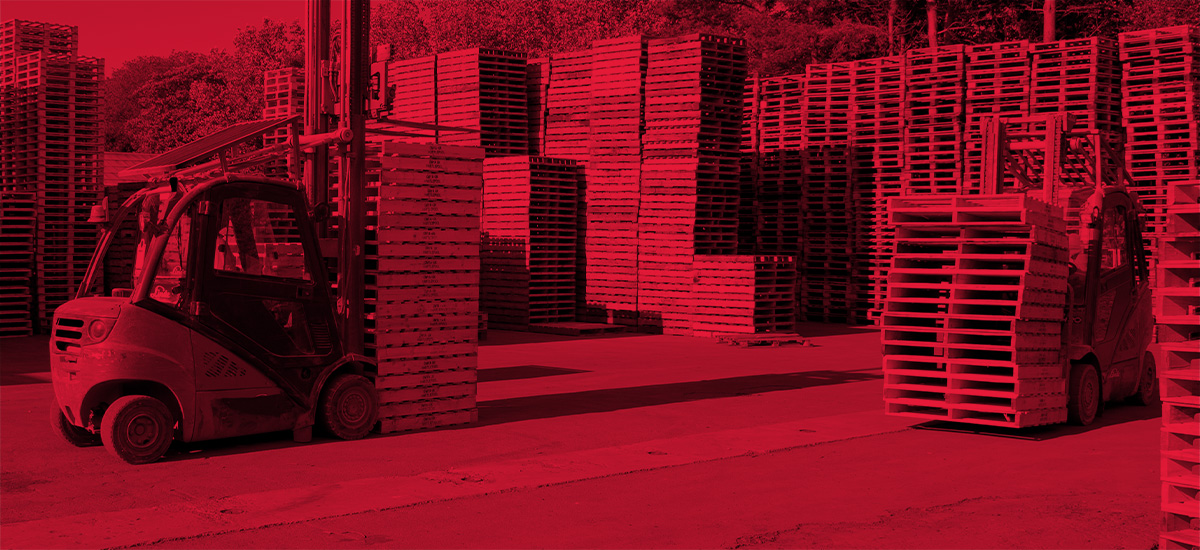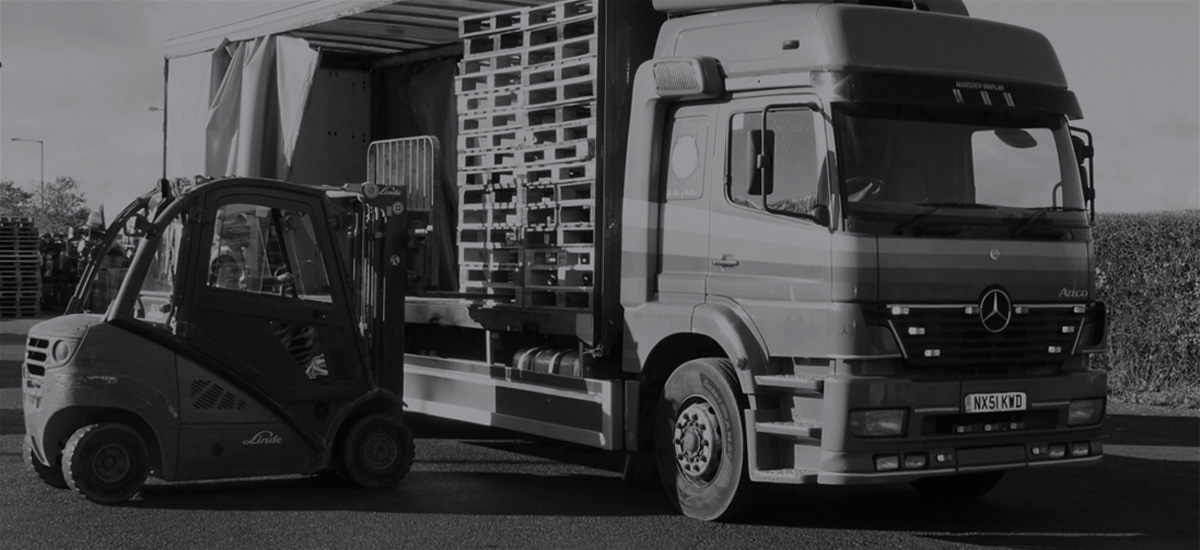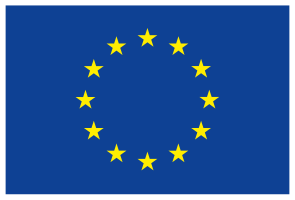We are proud to say that after a successful 2016, our business’ impact on the environment is lower than ever and we are planning to reduce it even further in 2017.
To ensure we have a minimal impact on the environment, we measure tangible objectives. At present, we are aiming to reduce the consumption of materials including paper and fork lift truck (FLT) diesel usage throughout the firm.
The latter objective to reduce FLT diesel consumption has been a tremendous success throughout 2016, which we hope to continue through into this year.
We’re really proud of the goals we have reached over the years, such as the reduction in units of diesel per truck to 1820 in 2016 from 2145 in 2015. This total consumption reduction of 17.8% in a year was a huge accomplishment for RPS, as we still operate six FLTs and the reduced FLT diesel usage has contributed hugely on our plans to reduce the business’ environmental impact.
We achieved these changes as a direct result of implementing new and improved efficiencies, by reducing the number of trips individual FLTs make that could be considered wasteful, for example, moving without pallets in tow.
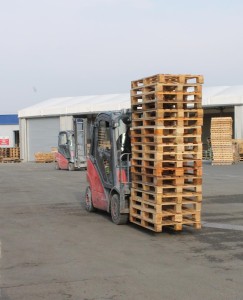
Improving our environmental impact further, we have started to order more in bulk with our supply chain where possible to reduce the number of deliveries we receive. This project was implemented by our team members Jez Norton and Alaister Jackson in collaboration with our MI Supplies representative, Alex Ingham, to promote and encourage higher environmental standards.
For national pallet collections we operate from strategic depots across the UK to ensure the minimal collection distance is applied to maintain our high standards out of the warehouse. An example of such practices in action is the pallets collected from the Southern region are returned to one of our more local depots in that region, as opposed to being hauled to our North East headquarters.
This represents our commitment to reducing our overall carbon footprint whilst finding the most environmentally sustainable solutions for our packaging waste collections.
Our environmental objectives are designed to fall in line with the latest ISO 14001: 2015 standard, which features a heightened focus on improving environmental impact and encourages businesses to reduce their physical environmental impact within its supply chain and beyond.
Being a conscientious and environmentally aware company, we do not expect to struggle to meet these new standards and we’ve already begun incorporating changes into our current health, safety and environmental management systems. We aim to become accredited with the updated ISO 14001 standard by mid-2017.
How has your business improved its impact on the environment? Tweet us at @RPS_Limited and tell us about your successes.
